Are you looking for the ultimate guide to using a VPN while travelling?
You’re in the right place! I didn’t even know what a VPN was a couple of years ago. Boy, was I in for a surprise?
A VPN, like SurfShark, is the ultimate travel hack for tech-savvy adventurers.
Join me as I explain how I use a VPN to score cheaper travel deals, access my bank accounts on the go, and ensure my online privacy.
Ready? Let’s roll.

What is a VPN?
VPN stands for Virtual Private Network. In the simplest terms, a VPN is like a secret tunnel through which your internet traffic goes.
Let me explain.
Instead of travelling directly from your device to the website or service you’re accessing, your data first goes through this secure tunnel, which makes it nearly impossible for anyone else to see what you’re up to.
Sounds confusing? Don’t worry; VPNs and travel are a match made in heaven.
Here’s how it works: when you connect to a VPN, it creates an encrypted connection between your device (be it a laptop, phone, or tablet) and a secure server operated by the VPN service.
I think of this encrypted connection as a secure tunnel. Any data that passes through this tunnel is scrambled, making it unreadable to anyone who might try to intercept it. Only your device and the VPN server have the key to unscramble the data.
But wait, there’s more!
When your data exits the VPN server to reach the internet, it appears to come from the VPN server’s location instead of your actual location.
What does this mean?
It means you could be sitting in a café in Paris, but to the rest of the internet, it looks like you’re browsing from New York, Tokyo, or anywhere else you choose.
Pretty nifty, right? But why are so many travellers, including myself, using a VPN?
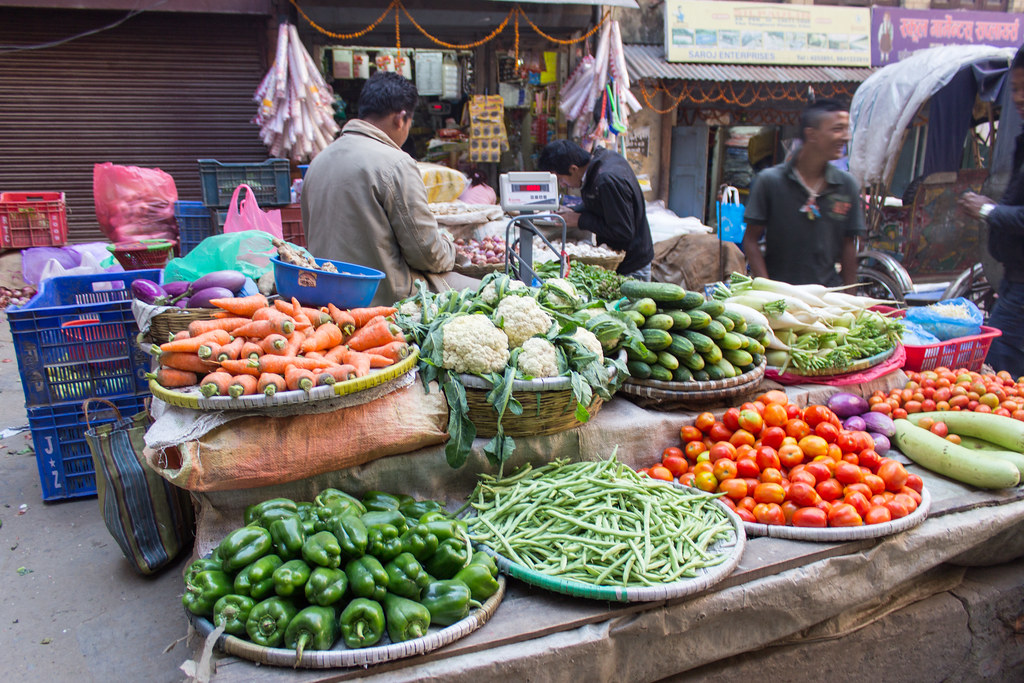
What are the Benefits of a VPN for Travellers?
There are plenty of epic benefits of using a VPN while travelling. Here are some of my favourites:
Security on Public Wi-Fi
We’ve all been there. You’re sitting in a quaint little café in Barcelona, enjoying a cup of rich Spanish coffee. You pull out your laptop to catch up on some work.
The café offers free Wi-Fi, which is fantastic because who doesn’t love free internet? In fact, Statista reports that there are over 62 million public Wi-Fi hotspots available worldwide!
But here’s the kicker—public Wi-Fi is notoriously insecure. Another Statista survey found that 25% of Americans who used public Wi-Fi got hacked while accessing the internet from a café or restaurant.
That’s right. Anyone on the same network could snoop on your online activities without protection.
Enter a VPN like SurfShark. By connecting to SurfShark, I create a secure, encrypted tunnel for my data.
This means that even if there were any prying eyes on that café Wi-Fi, they couldn’t see a thing. It ensures that all my sensitive information remains just that – sensitive.
Security on public Wi-Fi isn’t the only benefit I enjoy while using a VPN when travelling.
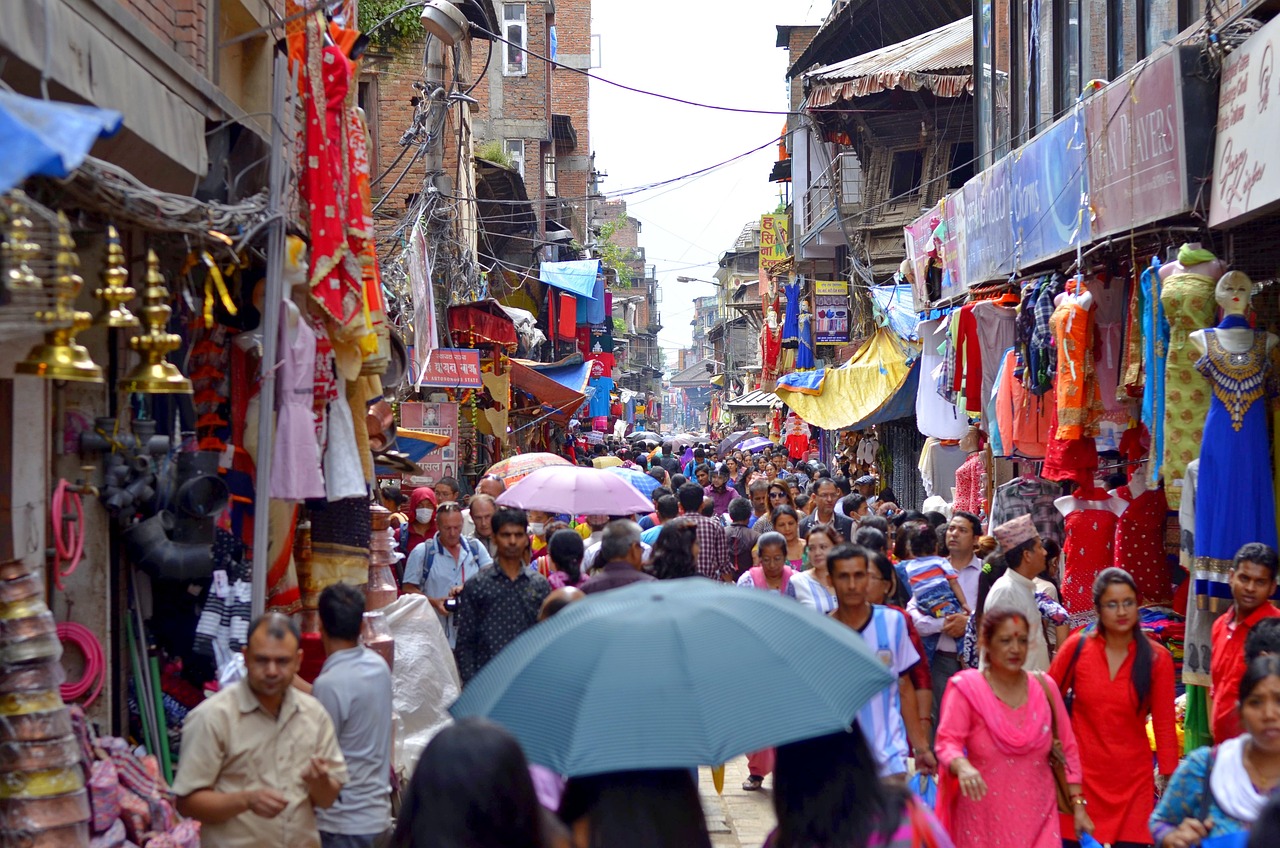
Access to Restricted Content
Now, let’s talk about those moments when you just want to kick back and watch your favourite show.
During my Tour Du Mont Blanc hike, I had a hankering for some good old-fashioned binge-watching. But lo and behold, my favourite streaming service (Netflix, cough-cough) had geo-restrictions in place, and some of my go-to shows weren’t available in France.
No worries! With SurfShark, I connected to a server back home in the UK. Suddenly, it was as if I was browsing from my cosy living room rather than halfway across the globe.
I had access to all my favourite content without any pesky restrictions. This trick also works for accessing important websites and services that might be blocked in certain countries.
Now, let’s talk privacy.

Online Privacy
Privacy is a big deal, especially when you’re travelling.
You’re constantly connecting to different networks and never know who might lurk in the digital shadows.
Keeping your data private is crucial whether you’re checking your bank account, sending work emails, or simply browsing the web.
A VPN ensures my data is encrypted, my IP address is masked, and I can browse the web freely without worrying about hackers or data thieves.
But using a VPN offers more than just privacy and better security. As travellers, we can score epic travel deals with a VPN.
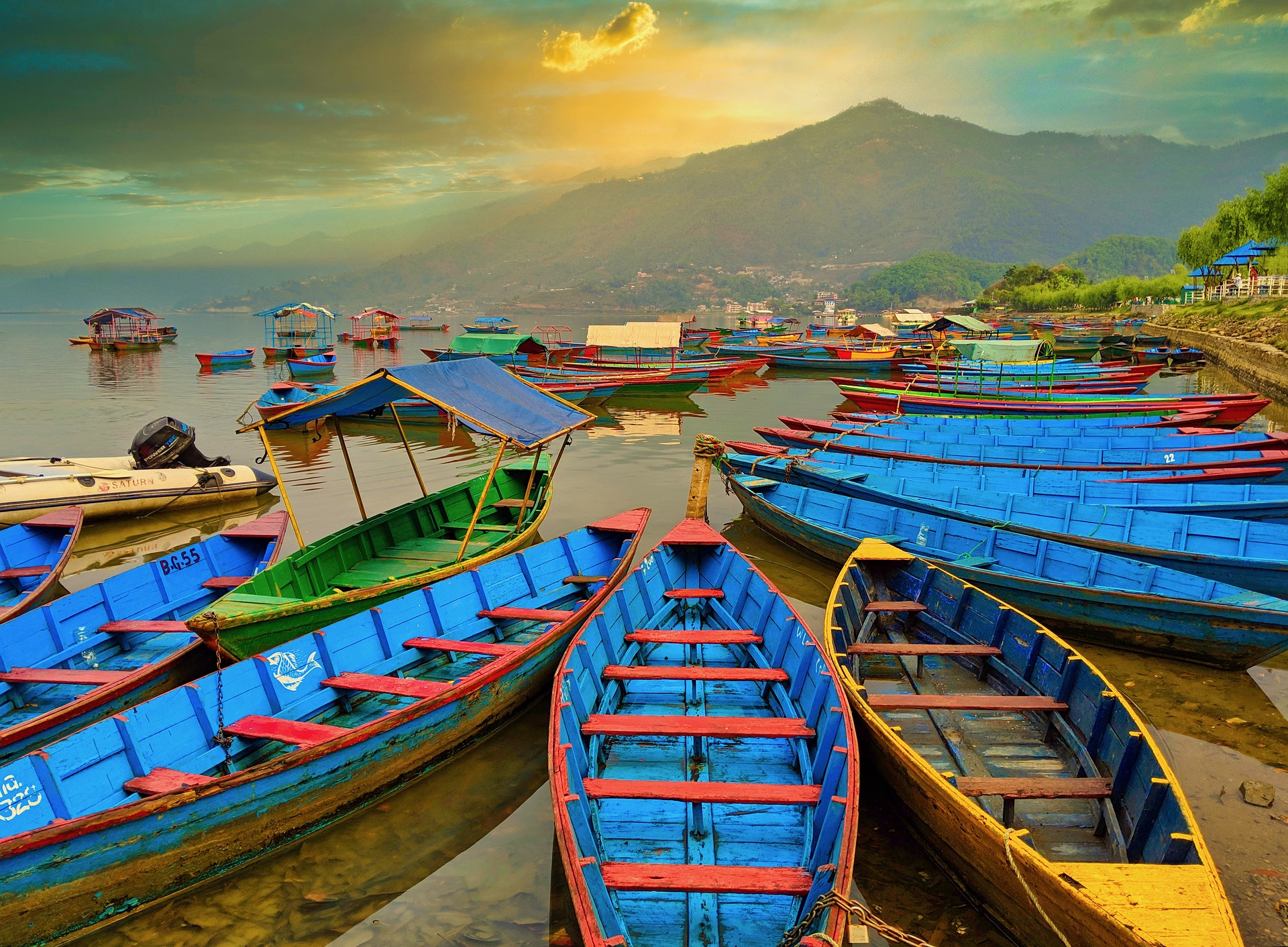
Cheaper Travel Deals
Here’s a little travel hack that blew my mind – you can actually find cheaper flights and hotel deals using a VPN!
Prices for flights and hotels can vary based on your location. So, while planning my trip to Bali, I decided to test this out.
By switching my virtual location with SurfShark, I could see prices from different countries. And guess what? I found significantly cheaper deals by appearing to book from another country. Now, that’s a win in my books.
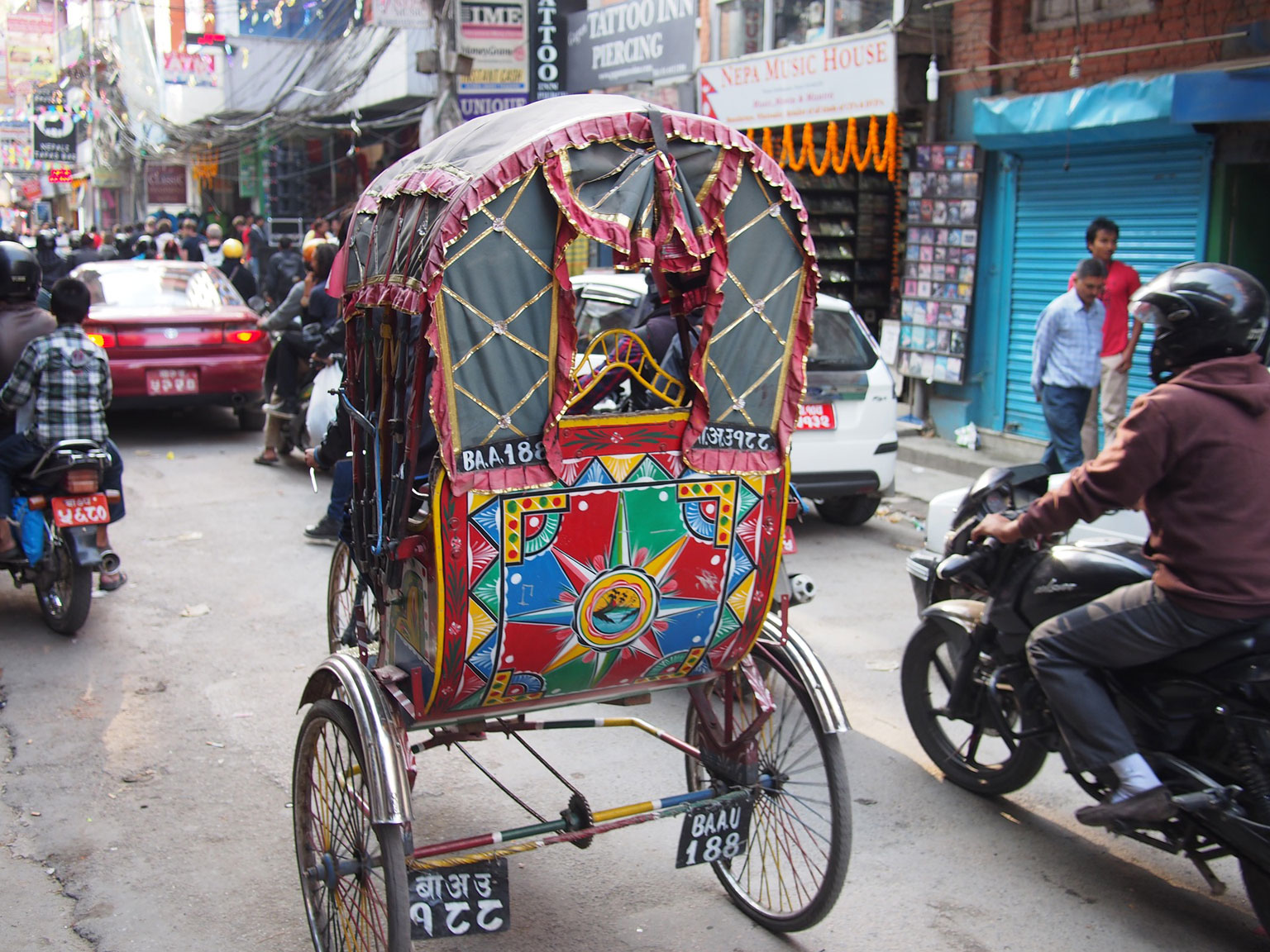
When Does a Traveller Need a VPN?
Travelling is an adventure, but it doesn't mean you can afford to be disconnected from the digital world. A VPN is necessary whether working, managing finances, or just trying to stay entertained. Here’s when you’ll need it most:
Working Remotely
Ah, the joys of being a digital nomad! During my recent trip to Thailand, I juggled work and exploration.
One minute, I was on a conference call from a beachside café in Phuket; the next, I edited documents in a bustling Bangkok co-working space. The constant? My VPN.
Using a VPN ensured that all my work communications and data were secure. I didn’t have to worry about sensitive company information being intercepted on public Wi-Fi.
Plus, it allowed me to access my company’s internal network seamlessly as in my home office. It was a lifesaver for maintaining productivity without compromising security.
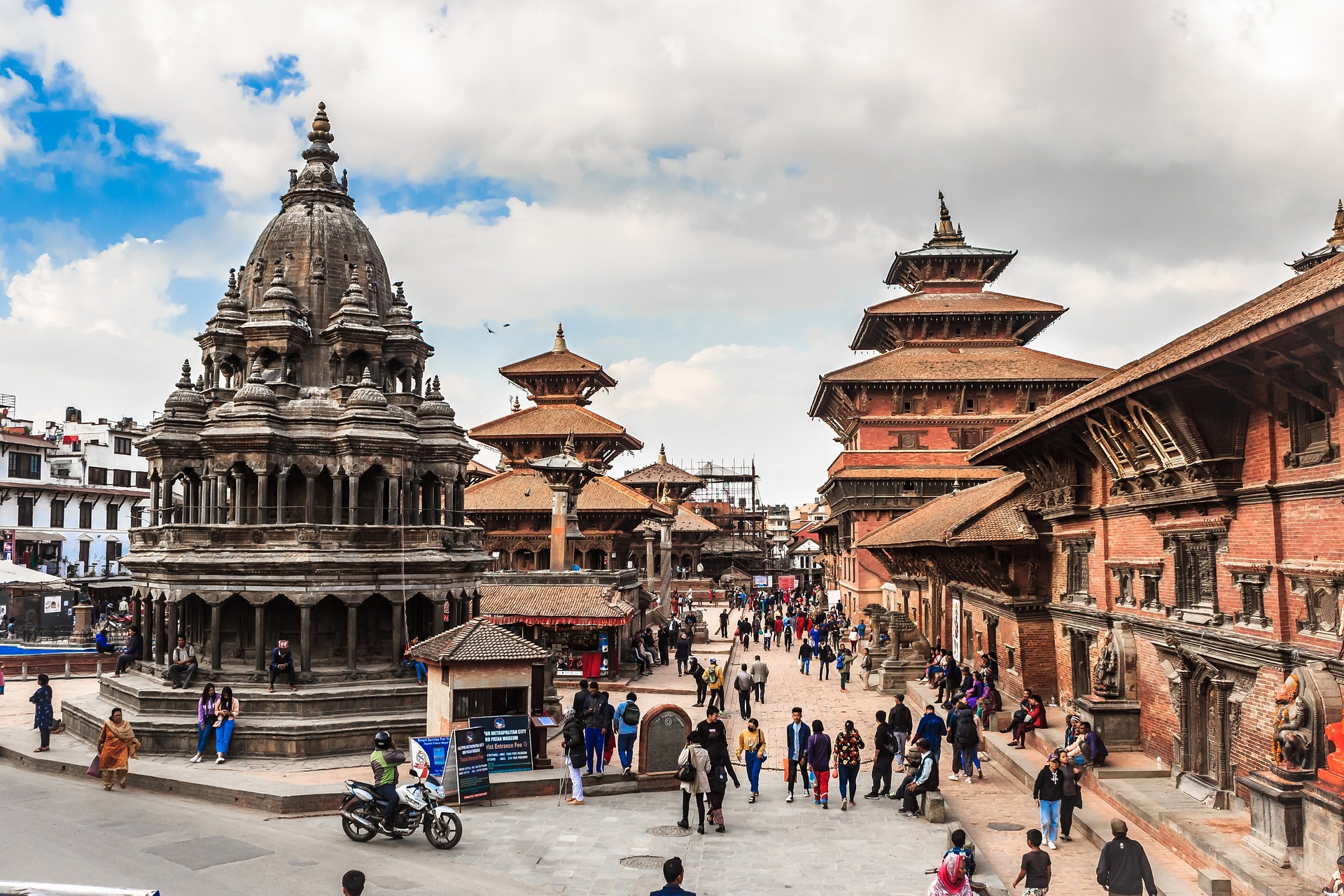
Accessing Bank Accounts
Managing your finances while travelling can be a nerve-wracking task.
Logging into your bank account from an unfamiliar network is a scary experience. However, with a VPN, you have peace of mind knowing your financial data is secure.
I remember needing to transfer some funds while in a hotel lobby in Phuket.
I connected to a VPN server in my home country and ensured my connection was encrypted and my sensitive information remained private. It felt great knowing that my financial transactions were as secure as they would be at home.

General Internet Use
Let’s not forget the day-to-day internet use. From posting travel pics on Instagram to booking tickets for the next leg of my journey, a VPN was my constant companion.
Using public Wi-Fi in hotels, airports, and cafés can be risky, but I could browse, book, and share securely with a VPN.
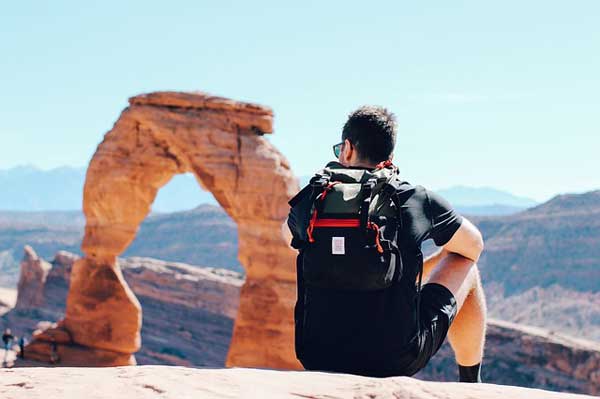
My Tips for Using a VPN While Traveling
Once you get the hang of it, using a VPN while travelling is a breeze. Here are some hard-won tips and tricks for using a VPN while travelling.
Choose the Right VPN
First things first, you need to choose the right VPN. For me, SurfShark was the perfect fit.
Why, you ask? It’s user-friendly, reliable, and highly recommended, with stellar reviews. Plus, it offers a wide range of servers, excellent security features, and top-notch customer support.
Whether you’re a tech-savvy traveller or a complete newbie, SurfShark makes the whole process smooth and straightforward.

Learn how to Set Up the VPN
Once you’ve chosen your VPN, the next step is setting it up. Here’s how I did it with SurfShark:
- Download the App: Head over to the SurfShark website and download the app for your device. They have versions for Windows, Mac, iOS, and Android.
- Install the App: Follow the simple installation instructions. It’s as easy as installing any other app.
- Create an Account: If you don’t already have an account, sign up for one. This usually involves entering your email and choosing a subscription plan.
- Log In: Open the app and log in with your account details.
And voila! You’re ready to go. The setup takes just a few minutes, and SurfShark’s intuitive interface makes it easy, even if you’re not tech-savvy.

Learn how to Connect to Different Servers
One of the great things about SurfShark is the ability to connect to servers in different locations. Here’s how to choose the right server based on your needs:
- Closest Server for Speed: If you need a fast connection, choose a server that’s geographically close to your current location. This minimises latency and maximises speed.
- Specific Country for Access: If you need to access content or services available only in certain countries (like streaming a show available only in the UK), select a server in that country.
For example, during my trip to Phuket, I needed to access some work files on a UK server.
I simply opened the SurfShark app, scrolled through the list of servers, and connected to one in London. Instantly, it was like I was browsing from the UK, giving me access to everything I needed.

Learn how to Maintain a Stable Connection
Keeping your VPN connection stable is crucial, especially when you’re relying on it for secure browsing and accessing sensitive information.
Here are some tips to ensure a smooth experience:
- Choose Reliable Networks: Whenever possible, connect to known, reliable Wi-Fi networks. While a VPN like SurfShark secures your connection, starting with a stable network helps maintain a consistent connection.
- Reconnect if Disconnected: Sometimes, VPN connections can drop. If this happens, simply reopen the SurfShark app and reconnect to your chosen server.
- Enable Auto-Connect: Many VPNs, including SurfShark, offer an auto-connect feature that automatically reconnects you if the connection drops. Make sure this feature is enabled for seamless protection.
- Check for Updates: Keep your VPN app updated to the latest version. Updates often include important security patches and performance improvements.
By following these steps, you can ensure that your VPN connection remains stable and secure.
My Final Thoughts
And there you have it: the ultimate guide to using a VPN while travelling. I explained how you can get cheaper travel deals, continue working remotely, and keep your data private. What will you be doing with your VPN?

